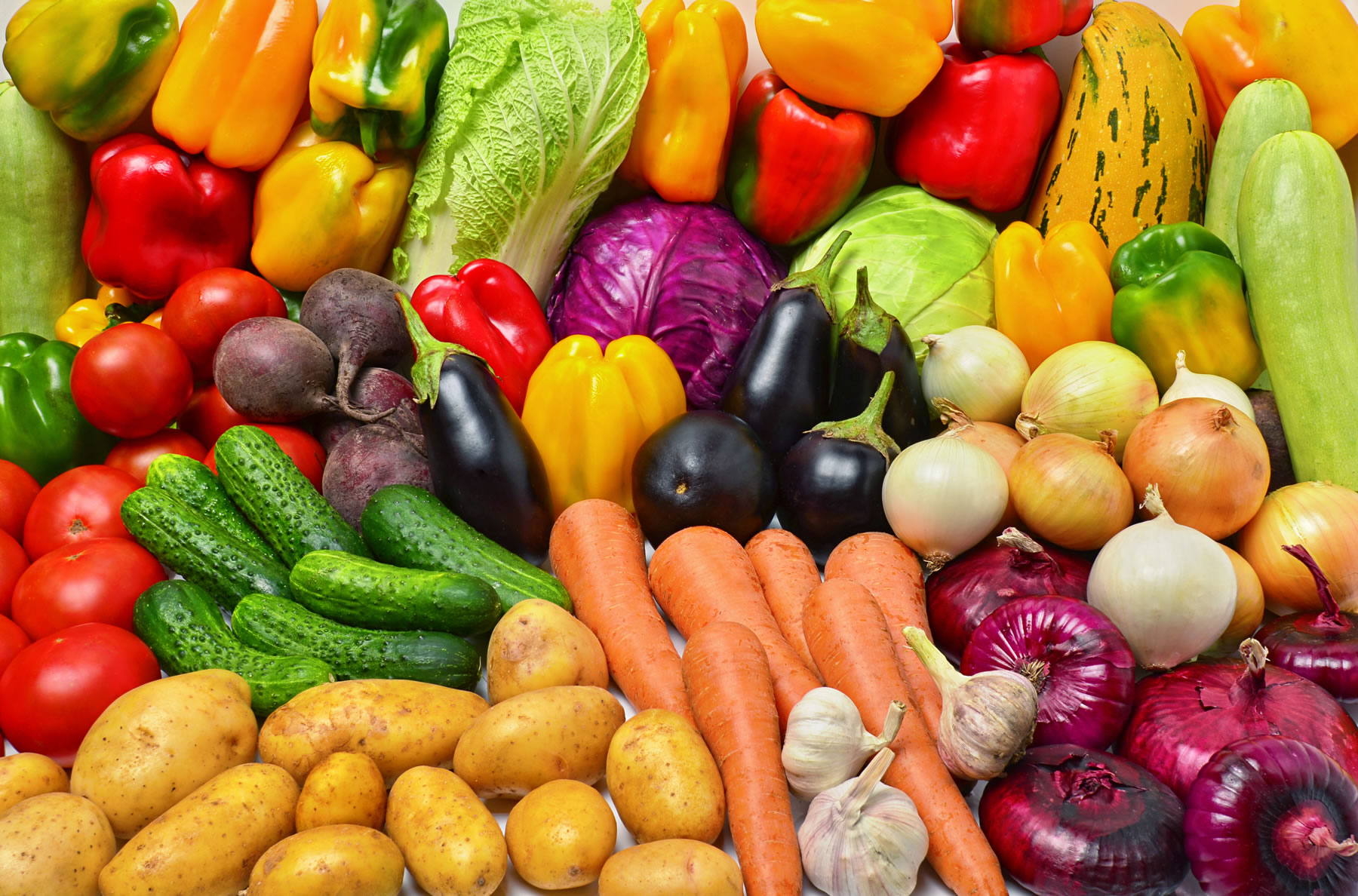Marlene Hochstrasser is the Clinical Director of the Devon Allergy Clinic which was established in 2006. Marlene has kindly provided HayMax readers with some of her expert insight. Check out The Devon Allergy Clinic for lots more helpful information, or to get in touch with Marlene.
By Marlene Hochstrasser Independent Allergy Nurse RN, Dip Allergy.
What is Pollen-Food Syndrome?
Oral Allergy Syndrome (OAS), also known as Pollen Food Syndrome (PFS), usually occurs in people who are allergic to pollen from trees, grasses or weeds. It has been shown that pollens from trees, grasses and weeds contain proteins of a similar structure to those present in many different fruits, vegetables, nuts and even spices. These proteins, which have essential roles in plant growth and defence against disease, are recognised by the immune system of a hay fever sufferer, and can trigger an allergic reaction in a susceptible person. This condition therefore usually affects people who get spring or summertime hay fever, but can occur in people who do not have hay fever but test positive to pollens. The most common pollen involved in PFS in the average UK sufferer is birch tree pollen; this is because the main allergen in birch pollen, Bet v 1, is highly cross-reactive to many plant foods.
Causes for a Pollen-Food Syndrome Reaction
Fresh fruit, raw vegetables and raw nuts are common causes of PFS. Some people are affected by only one or two foods and others can react to a wide range of foods. The most common foods involved are usually apples, peaches, kiwi, hazelnuts and almonds, but just about any fruit vegetable or nut can be involved. Fortunately, in most cases the allergens are easily inactivated by cooking, processing and digesting. The result is that the symptoms tend to be limited to the mouth and throat and only occur with the raw fruit or vegetables, although some people do react to both raw and roasted nuts. Soya milk may cause quite severe reactions in some people who have PFS, as it contains very large amounts of a protein which cross-reacts to birch pollen. Lightly cooked vegetables can also cause reactions, so stir fried vegetables such as bean sprouts, mange tout and carrots may also cause reactions. People who have PFS will usually experience mild itching and/or swelling of all or part of the lips, tongue, mouth or throat, but this can, on occasions, be severe and also include nausea and vomiting. These symptoms usually start within minutes of eating and settle down within an hour.
What We Recommend
The Devon Allergy Clinic looks not just at allergy but also hypersensitivity intolerance and digestive disorders. Looking at potential food, contact chemical and aero allergens. Using a functional medical matrix. Any method patients can use to prevent allergens from entering their body is a key step to self-management. For this reason the Devon Allergy Clinic recommends HayMax for its patients. Marlene who is based in Devon is available for phone consultations on 01803 401001 or consultations via Skype can be arranged.
www.thedevonallergyclinic.co.uk
Info@thedevonallergyclinic.
An excellent site for help and support for children with allergy
http://www.itchysneezywheezy.co.uk/index.html

